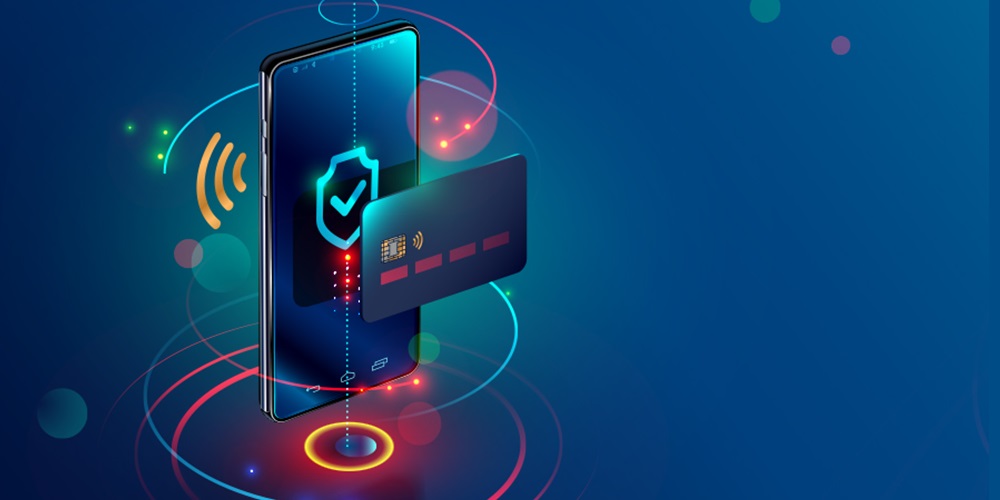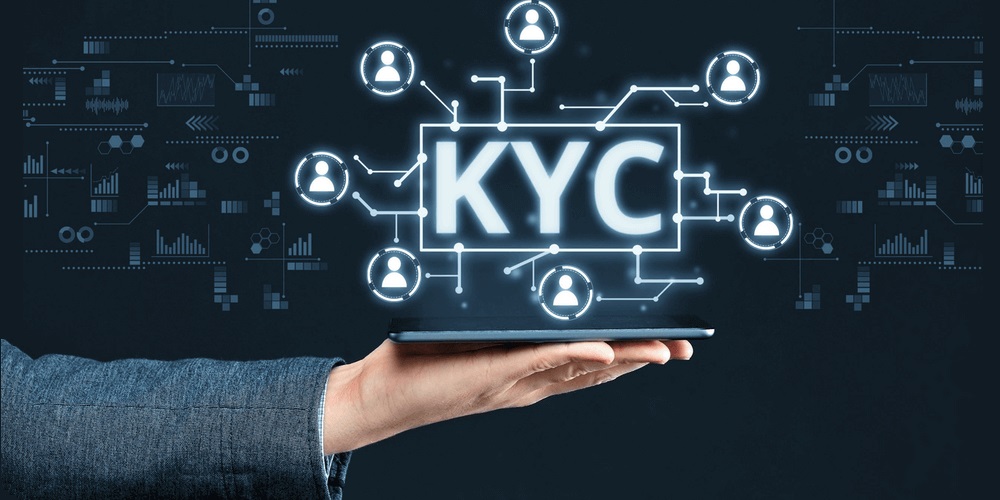Statistically, around 96% of Americans buy goods or services online at least once per year, and the global transaction value of the digital payments segment reached US $5.204 billion in 2020. As you can see, digital payments in B2C have become the most preferred payment method because they are fast and seamless. Nevertheless, the B2B sector has lagged behind because it has a longer processing time for payments. Even today, some companies are still using paper checks, bills of lading, or open invoices for big transactions. And it’s clear that all these procedures take a lot of time, sometimes, even weeks.
If you wish to stop this nightmare, B2B payments integration might be a good solution for you. And in this insightful post, we’ll take a deeper look at the fundamental benefits of business-to-business payments and review the most popular services for you to make the right choice. Get comfortable and have a look!
Key Types of B2B Payments
Before we move on to reviewing the advantages of B2B digital payments, let’s check the most popular types of them.
Credit Cards
The main benefit of credit cards is that they provide a convenient way to float cash. On top of that, such payments can be easily tracked. If a credit card is mostly used as a debit card, it can be a very useful form of payment. Virtual credit cards are usually attached to your regular credit card number.

ACH Payments
ACH or Automated Clearing House is a well-known form of B2B digital payments, which guarantees fast payments. This transaction type moves from one entity to another using bank accounts and routing numbers. Companies opt for ACH payments because they are fast, cost-effective, and allow cash flow control.
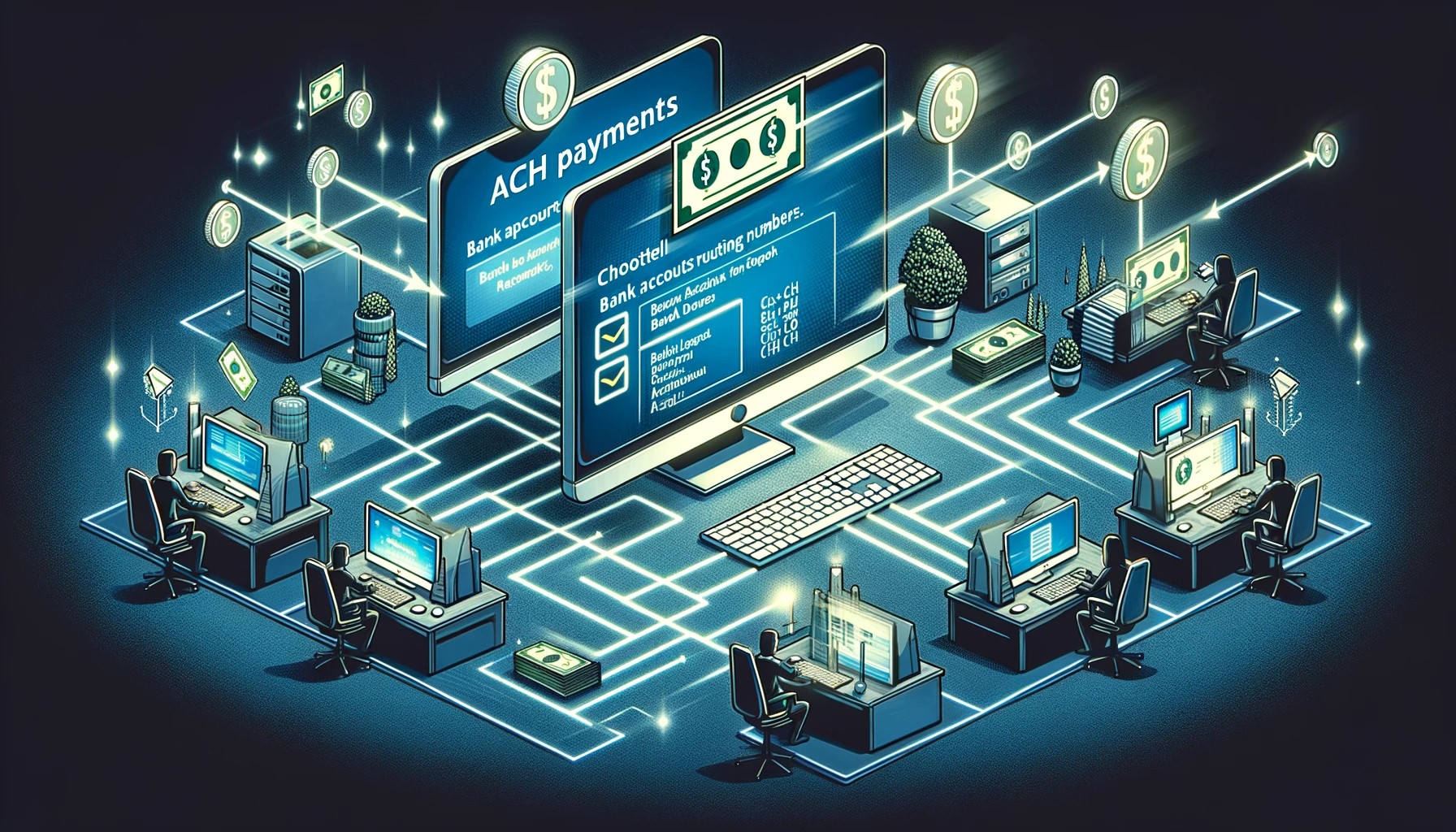
Wire Transfers
It’s a fast digital form of payment that makes B2B transactions simple. This payment type is mainly used for international transactions. When the funds are transferred, they become available almost immediately. In this case, the batch system is not used, so wire transfers have a quicker turnaround time.
So far, two types of wire transfers are used: digital and cash. In the case of a digital form, funds are transferred electronically from one account to another one. When a cash-based wire transfer is used, money is delivered to an office, where a recipient must collect it personally.
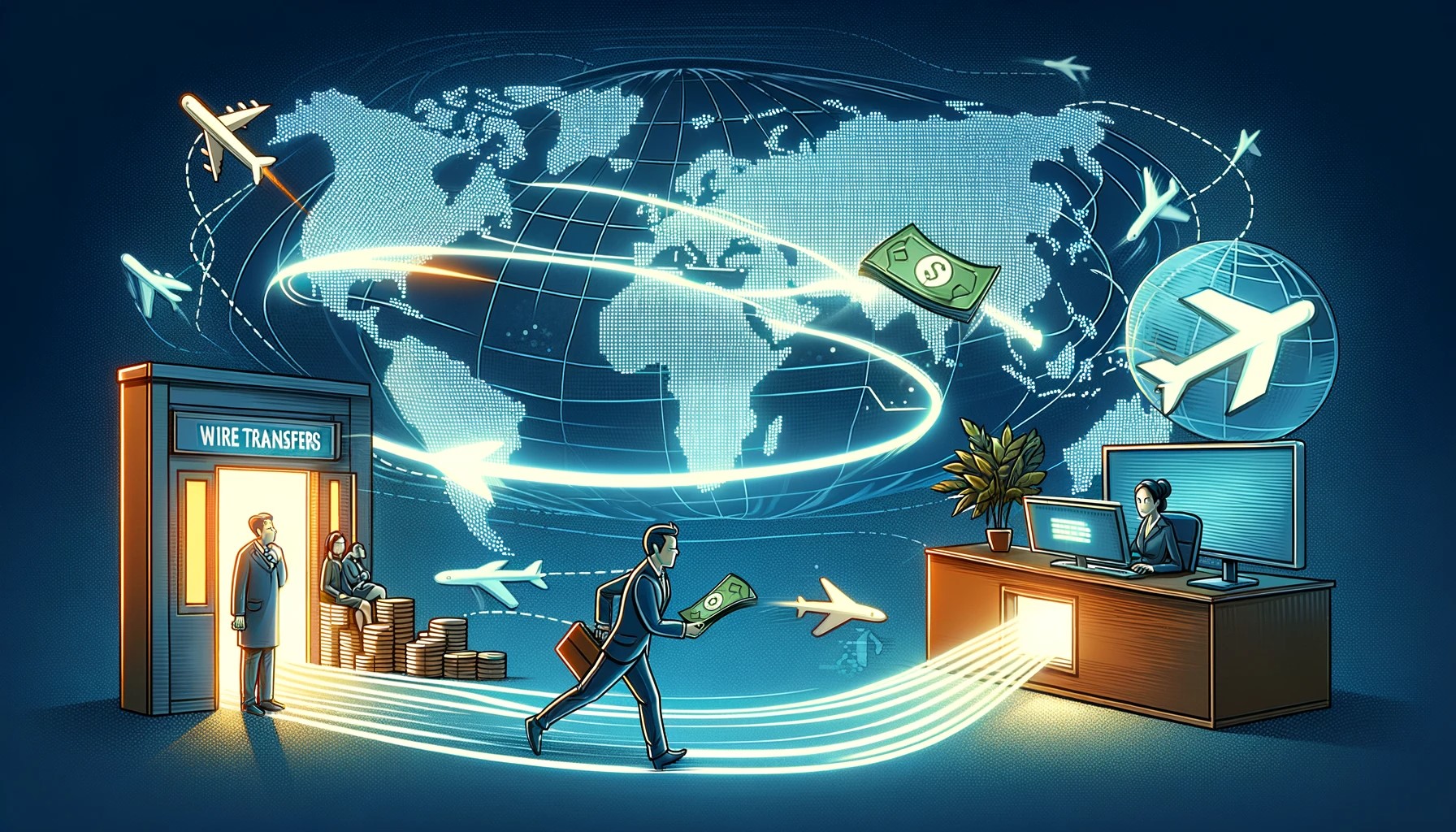
Digital Payment Platforms
This is where an online platform from a trusted fintech brand is used to transfer funds between accounts. The cash flow is performed between two entities, and bank accounts aren’t used. The most well-known services are Google Pay, Skrill, Venmo, PayPal, etc. However, there’s one shortcoming of this B2B payment processing form — too high fees.

Paper Checks
Although many businesses prefer digital solutions today, some companies still use paper checks. This payment type allows companies to monitor cash flow as they come with a definitive audit trail. What’s more, you can always trace checks and there’s no need to deposit them immediately.
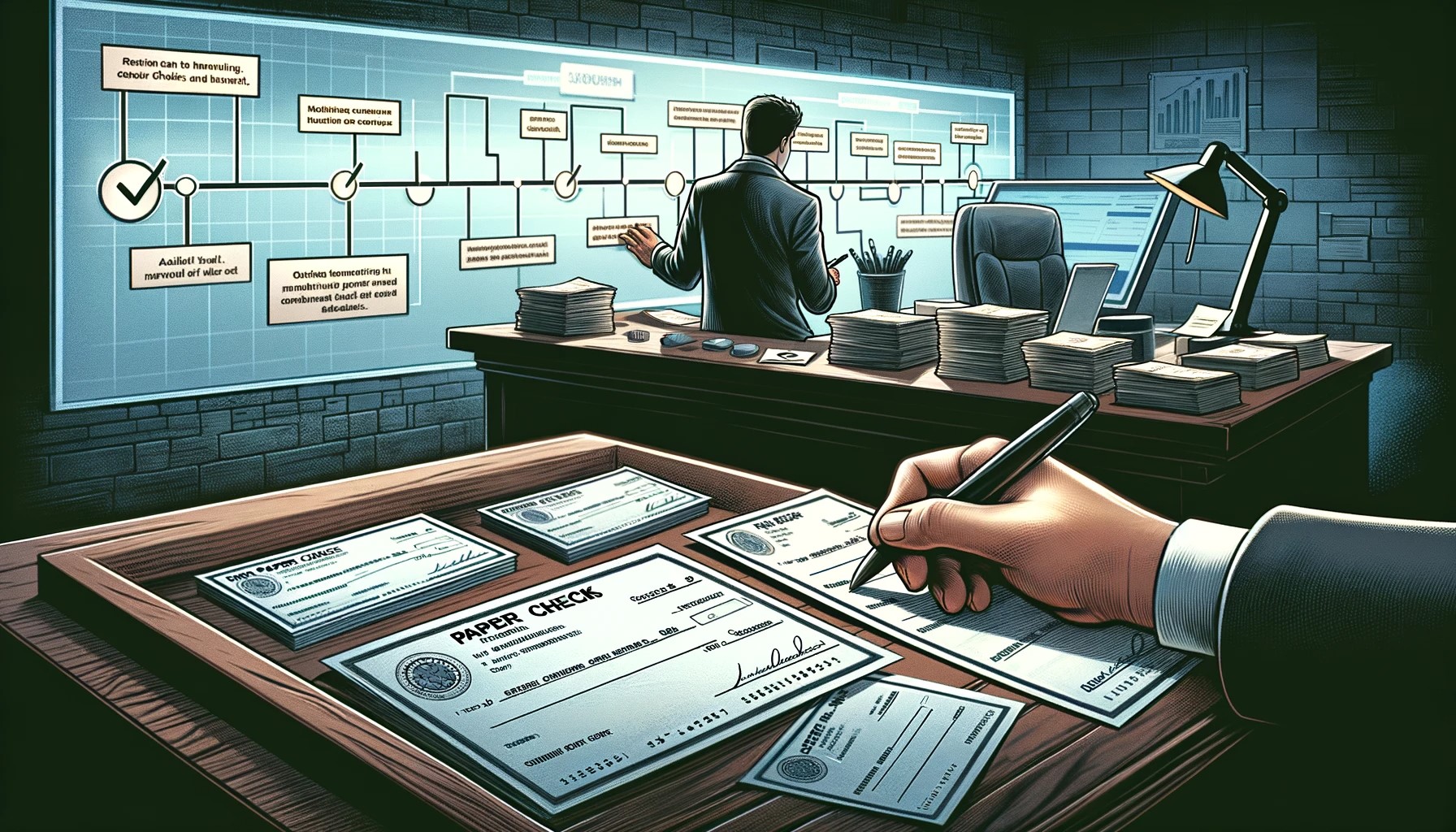
Cash
Of course, cash is always an option. The main benefit of cash payments is that there’s no need to pay fees. Paying with cash is the fastest way to pay for goods or services.

2021 Trends in B2B Payments
Surely, the market is growing at a fast pace. If you want to get the most out of B2B payments, you need to keep track of the latest trends in this niche. So let’s move on to discussing the most common movements in this industry before we analyze the main benefits of using B2B e-payments.
Real-time processing
A real-time payment is a trend that is becoming more and more popular. So far, we have many immediate payment services that hit the market regularly. Modern business owners require convenience, speed, and security for their online payments, and real-time processing can provide them with these benefits.
Mobility
The convenience of using mobile devices for B2B transactions can’t be overestimated. A mobile platform provides autonomy and the possibility to accept the order immediately. Moreover, this also gives businesses more automation and flexibility.
Peer-to-peer payments
Today, it's one of the main trends in B2B payments that guarantees speed and reliability. Peer-to-peer payments allow companies to make timely payments quickly and easily, as in this case, transferring money from one user to another is accomplished through one click of a button.
Overall, your business will surely benefit from B2B electronic payments integration because when it comes to B2B online payments, you won’t be dealing with paper checks. You’ll surely make your payments faster and forget that nightmare related to paperwork. However, if you have never done this before, it can be challenging for you to find the right tool. Let’s move on to reviewing the best tools that can be used for making online payments.
Popular B2B Payment Solutions
Check up on this comprehensive overview of the best B2B payment options.
ACH payments
ACH transfers allow users to send and receive money quickly and easily. The transfers are usually made via the ACH network, used for moving money between different US bank accounts.
Positive aspects:
- Speed and ease;
- Lower cost per transaction as compared to other tools;
- Enhanced sales conversion;
- The ability to pay online.
- Businesses must pay for set-up costs;
- Deposited funds are not always available immediately.
Stripe
So far, it's one of the most widely used solutions that features an open API, which pursues a few goals — speed up the payment process and avoid all possible issues. The transaction cost is 2.9%. Let’s get down to the main strengths and drawbacks of this tool.
Positive aspects:
- Users of this solution will never be redirected to another page;
- The service is straightforward to use;
- A customizable system.
- Need to have a professional staff developer who gets on how to use the open API;
- Cancellations aren’t properly processed.
Transferwise
This service is based in the UK and specializes in providing global payments. It is fast, easy to use, and secure. Plus, the service allows users to have multi-currency accounts to accept, spend, and hold funds. You can sign up for free, but a transaction fee will be added to your transactions. There’s an online calculator for you to know your rates.
Positive aspects:
- Quick transactions;
- Affordable rates;
- Easy-to-use platform.
- A recipient must also have a Transferwise account to receive transfers;
- No digital wallets.
Square
This platform was built with simplicity in mind. It can process transactions for no extra fees and contracts. This system can accept invoices, key-ins, appointments, and online payments. What's more, you can use their open API to build your own solution. The pricing fee is 2.6%
Positive aspects:
- No monthly subscription fees;
- Free card swipe hardware;
- Many useful reporting tools for a thorough analysis.
- High fees and they are constantly growing;
- High cost of instant deposits.
Tipalti
So far, it's one of the three most trustworthy B2B payment solutions. This system pursues one goal — to make payments fast and straightforward. It's a well-known global partner payment automation system that simplifies the whole process of making outbound payments.
The main reason why people from all over the globe use this platform is that payments can be made in the local currency in more than 190 countries. The pricing policy of this platform begins at $149 per month.
Positive aspects:
- Powerful Supplier National Portal for international and national currencies;
- The service is available in 196 countries;
- Powerful automation functionalities.
- It can be challenging to look for payees on their system;
- The poster dashboard is sometimes slow.
Remitly
This is another payment system based on mobile technology to make online transactions. The key reason why customers opt for this service is that they offer no hidden fees. Plus, it's faster as compared to other systems. With this solution, you'll be able to accept cash from any location in minutes. On top of that, you can also send money to any mobile account within a few clicks.
When you use their free account, it will take 3-5 business days to transfer money. However, if you wish to get funds immediately, you'll pay $3.99 per transaction.
Positive aspects:
- Safe currency conversion;
- Clear interface;
- Low transfer rates.
- Sometimes, it takes up to 30 minutes to make a transaction;
- Not all countries can use this service.
Summary
Overall, if you have a modern business, you need to keep track of the latest trends in the digital world and constantly move forward. Flexibility is of utmost importance these days, and when you offer traditional payment options along with digital B2B payments, you’ll surely benefit! It’s not just smart, it’s mandatory! You shouldn’t ignore the new frontier of online payment solutions.
We, at EXB Soft, understand this tendency. If you are currently looking for a trusted partner that will help you build an advanced commercial payment system or integrate a B2B payment system, don’t hesitate to contact us! We have many years of experience in this area and know how to build powerful billing networks that can speed up payment processing and decrease transaction cost for your company.
Digital payments are here to stay because they provide a better level of safety and allow businesses to become agile. So, it’s a sin not to integrate this solution into your business.
F.A.Q
Normally, wire transfers, direct deposits, or checks are used for business-to-business payments. The latter is an antiquated technique that doesn't really fit in a business environment that is constantly changing because it entails sending a paper form to request payment on behalf of the sender. Direct payments from one account to another are possible with the first two.
Business-to-business (B2B) payments are made when a business exchanges goods or services for a set price that is expressed in a currency. Depending on the conditions agreed upon by the buyer and seller, B2B payments may be one-time or recurring. Although a sizable portion of payments are still made with paper checks, digital B2B payment solutions are a more efficient way to access financial services. This B2B approach expedites issuing, receiving, and processing payments while significantly enhancing positive cash flow.
- Charge cards
- ACH payments
- Wire transfers
- Digital payment platforms
- Paper checks
- Cash
There are many upsides to billing and invoicing software—especially for B2B payment processing. In addition to streamlining operations
Solutions for B2B payments tend to lag. A recent report by PYMNTS and CheckAlt states that "in the US, checks still account for an estimated 40% of all B2B payments." However, it's not always the safest approach. any organizations are planning to universally switch to digital payment options.
The internet has opened the world to cross-border business opportunities. Many businesses need a method of handling international transactions. This typically means sending and/or receiving international money transfers.
The Automated Clearing House or Federal Reserve will serve as the mediator when making international ACH payments. A global payments platform is necessary in order to automate payments for a business and act as a second mediator. This gets rid of the hassle of internal transaction processing.
- Supply Data in Line With Local Regulations
- Decide Whether it’s a One-Time or Recurring Transaction
Depending on the type of business, product, and service involved, business-to-business payments are handled differently. Here is how some of today's leading markets are utilizing technology.
Paper checks are still the primary method of payment for the vast majority of small businesses. This may suggest that many businesses are either unaware of their B2B payment options or believe automation to be a costly solution.
Although person-to-person (P2P) payments have increased over the past ten years, there is still a lot of room for time and money savings in the B2B world. For these reasons, any modern business should take into account automation and electronic payment methods. It is simpler to send, receive, and process money when you switch to digital B2B payments. It facilitates payments, enhances cash flow, directs merchant relationships, and promotes growth. Simple automation helps operations run more smoothly and motivates staff to concentrate more on creative tasks.
A variety of difficulties arise when handling B2B transactions for SaaS companies. The range of B2B transactions with lower and higher values (and the methods used to handle these purchases) is a significant source of the difficulty. At the lower end, these are usually self-serve; at the higher end, they are usually sales-assisted.
One of the best ways to process payments between businesses is through electronic checks. Electronic checks are preferred by retailers due to the assurance that the payment won't be reversed and the lower than average fees.
Businesses should bear the following factors in mind when selecting a solution to handle their B2B payment requirements:
- Paying conditions
- Flexible payment options
- The difficulty of payment processing
- Payment assurance
- Total processing costs and fees

